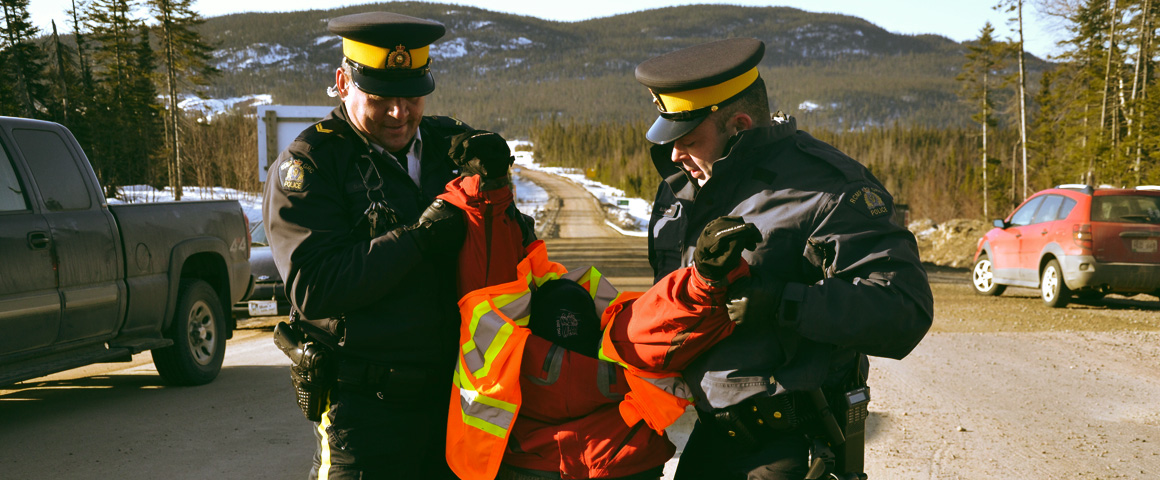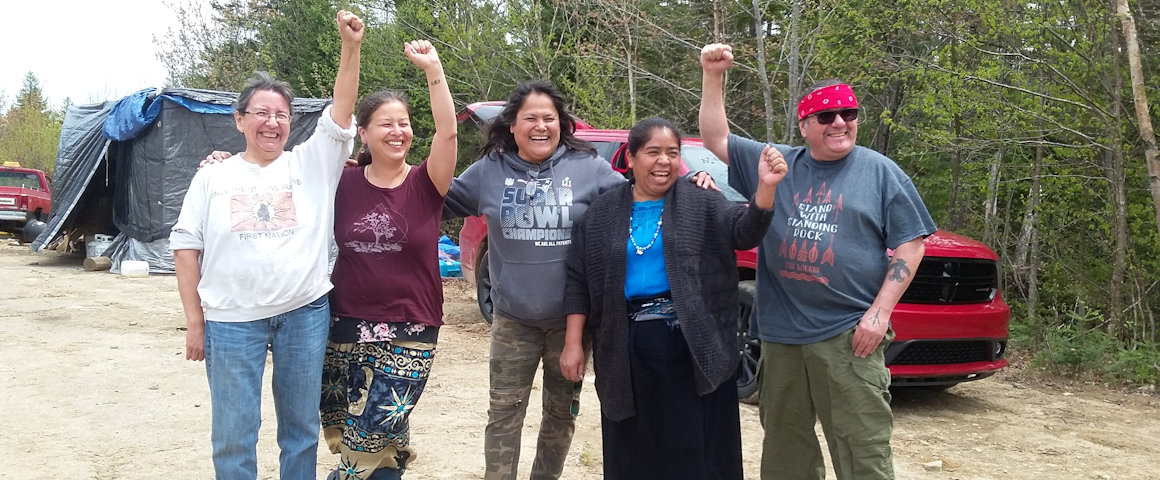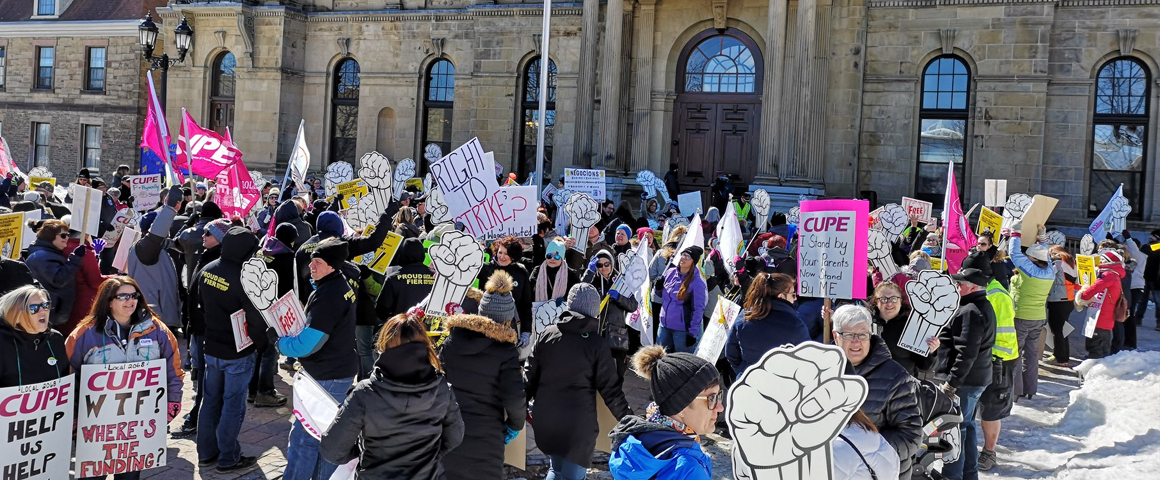Newfoundland and Labrador is more politically activated than ever this year, launched by the widespread discontent with the Dwight Ball Liberal government’s austerity budget in the spring. With a euphemistically-named “fiscal update” due at the end of October, Newfoundlanders and Labradorians are rightly bracing themselves.
The nature of this update and the Liberals’ future plans are as yet not clear. Premier Ball did present a rather vague “Way Forward” platform at an invite-only event in St. John’s on October 11, while the island was reeling from the disastrous rains of Hurricane Matthew. Although some of the proposals are worth some merit, particularly doubling the province’s agricultural output within the next decade, just how that and the other items will be accomplished was not specified in much detail. It can safely be assumed that the provincial government will rely on providing incentives for private development rather than taking matters directly into their hands. Ball spoke of boosting the construction sector; just imagine what a massive affordable housing program could do! That, alas, does not seem to be on the table.
Although the protests against the budget have died down, concerned individuals and organizations have continued various actions. Pressure spiked again in recent weeks over the Muskrat Falls hydro project. Concerns over both the cost and environmental impact of the project have a part of the overall dissent building in the province for a while. But with the flooding of the reservoir now imminent, Labradorians have stepped up measures to slow down Nalcor’s operations and get the provincial government to stop and reevaluate the manner in which the project is being carried out.
Labrador’s indigenous Inuit and Innu are at the forefront of this struggle. Billy Gauthier, an Inuk sculptor, began a hunger strike on October 14. Gauthier stated that he was willing to give up his life in defence of the land that his sustained his family for generations. His hunger strike has since been joined by a few other people. Dozens of people from around Labrador have participated in protests to block access at the Muskrat Falls site. Nine people were arrested by the RCMP on Oct. 17 for defying a court order to vacate the site. Nalcor has been forced to cancel work shifts and has in fact chartered helicopters to fly workers over the barricade of protesters. In addition to the government of Nunatsiavut, the protests are also backed by the communities of Happy Valley-Goose Bay and Cartwright.
Out of touch and out of control, the provincial government has attempted to take some action. Natural Resources Minister Siobhan Coady and Environment Minister Perry Trimper held a press conference on Oct. 19, appearing to give in to demands by ordering Nalcor to conduct further studies on clearing vegetation from the reservoir to diminish methylmercury poisoning. Despite this statement, the ministers also said that the partial flooding of the reservoir will continue as planned. In the words of one solidarity organization, nothing has changed, and it is vital that the dissent continue so that the provincial government does not subvert the movement. The treatment of indigenous land and people in Labrador, highlighted most poignantly by the arrests at Muskrat Falls, also reveals the hollowness of the Trudeau Liberals’ promise of reconciliation. The events at Muskrat Falls are an opportunity to take real action in the name of justice for Inuit and aboriginal peoples in Canada. We shall soon see what the result will be.




